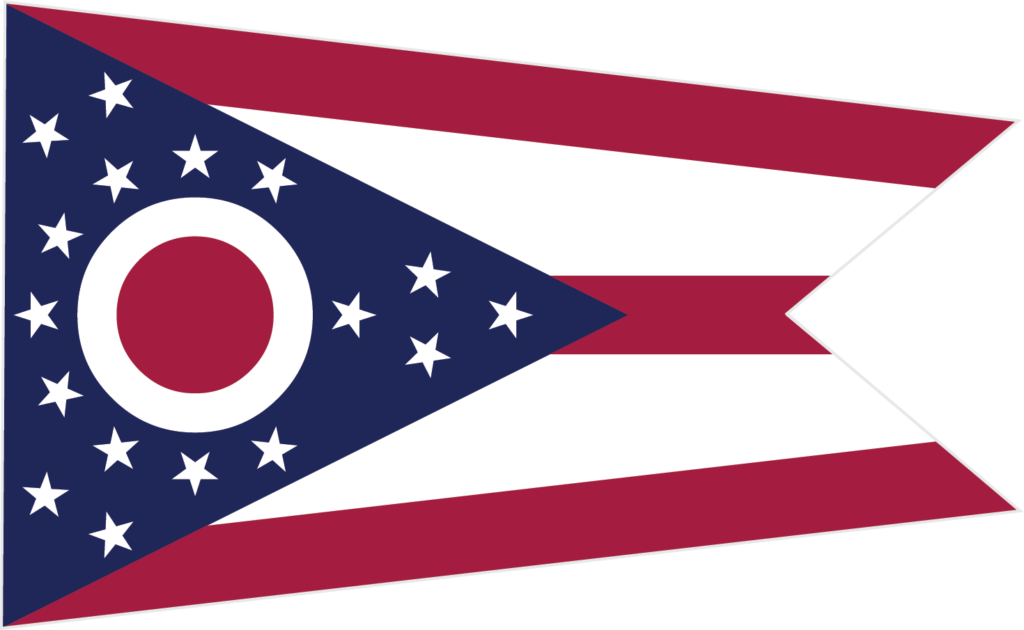
Ohio Gov. John Kasich signed SB 255 on Friday which puts an expiration date of 6 years on all state licensing boards unless they are renewed by the legislature. Prior to a board’s end date, the board must present to standing committees so that lawmakers can evaluate the usefulness, performance, and effectiveness of the board. Each board will have the burden of proof to demonstrate there is a public need for its continued existence. The Legislature will determine whether a board is necessary to protect the health, safety, or welfare of the public and whether its regulations are the least restrictive form that adequately protects the public interest.
This sunset review will also analyze a board’s staff, its budget and its enforcement actions and conclude whether the board has inhibited economic growth, reduced efficiency, or increased the cost of government. One-third of the state’s licensing boards will be reviewed every two years.
Any proposed occupational regulations will have to undergo a similar sunrise review process. The Ohio Legislative Service Commission will analyze the extent to which the requirement for the occupational license stimulates or restricts competition, affects consumer choice, and affects the cost of services.
Boards who present to the legislature to introduce new regulations are expected to provide evidence of present, significant, and substantiated harms to consumers in the state and explain why current laws are insufficient. The goal of the sunrise and sunset reviews in SB 255 are to prohibit new and existing regulations that restrict entrants into the occupation with no clear public protection need identified.
The law also allows an individual who has been convicted of a criminal offense to request a licensing authority to determine whether the individual is disqualified from receiving or holding a license based on conviction. This is particularly impactful for people with criminal convictions who are considering occupations with extensive amount of training or education required. Previously an applicant might go through years of training and spend thousands of dollars only to find out when they apply for a license that their criminal conviction disqualifies them from licensure. Under this new provision, licensing boards must tell a potential application whether or not they have a conviction that would ban them from receiving a licensure which will spare practitioners a significant amount of resources. Licensing boards must also publish all offenses that could disqualify applicants online.
Ohio is following in the footsteps of Nebraska who was the first state to pass legislation mandating this type of sunrise/sunset review process. Nebraska’s LB299 has the same twostep process for review where first, there must be “present, significant, and substantiated harms” that warrant government intervention. Second, if such a problem exists, the legislators must first consider a regulation that is the “least restrictive” and imposes the lowest burdens and costs while still protecting consumers from the harm. A similar bill was also passed last legislative session in Louisiana.
As states continue to think about the way they regulate occupations, more states may follow this sunrise/sunset model as a way to thoughtfully consider if government intervention is needed to protect the health and safety of the public.
This workforce product was funded by a grant awarded by the U.S. Department of Labor’s Employment and Training Administration. The product was created by the recipient and does not necessarily reflect the official position of the U.S. Department of Labor. The Department of Labor makes no guarantees, warranties, or assurances of any kind, express or implied, with respect to such information, including any information on linked sites and including, but not limited to, accuracy of the information or its completeness, timeliness, usefulness, adequacy, continued availability, or ownership. This product is copyrighted by The Council of State Governments.